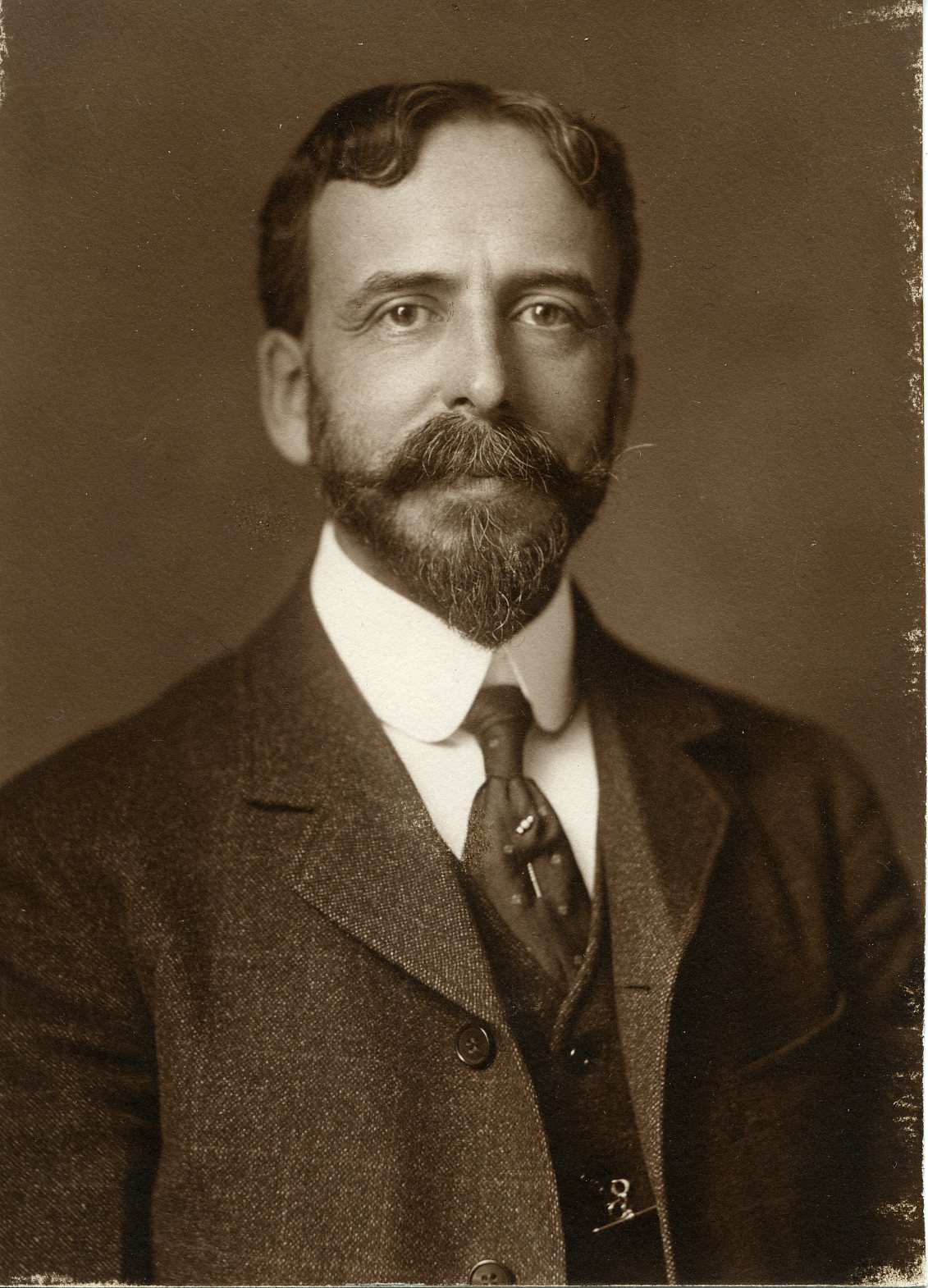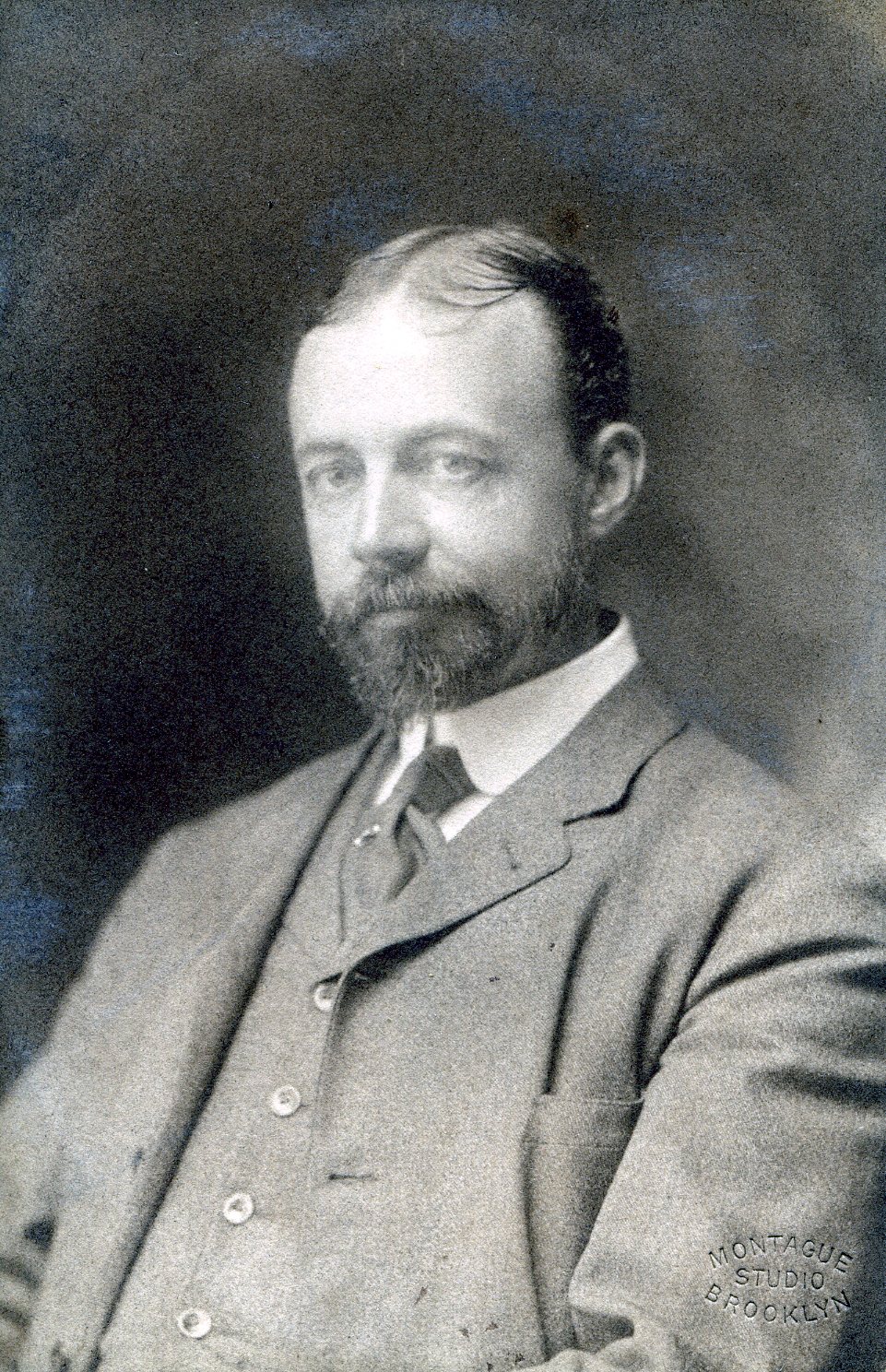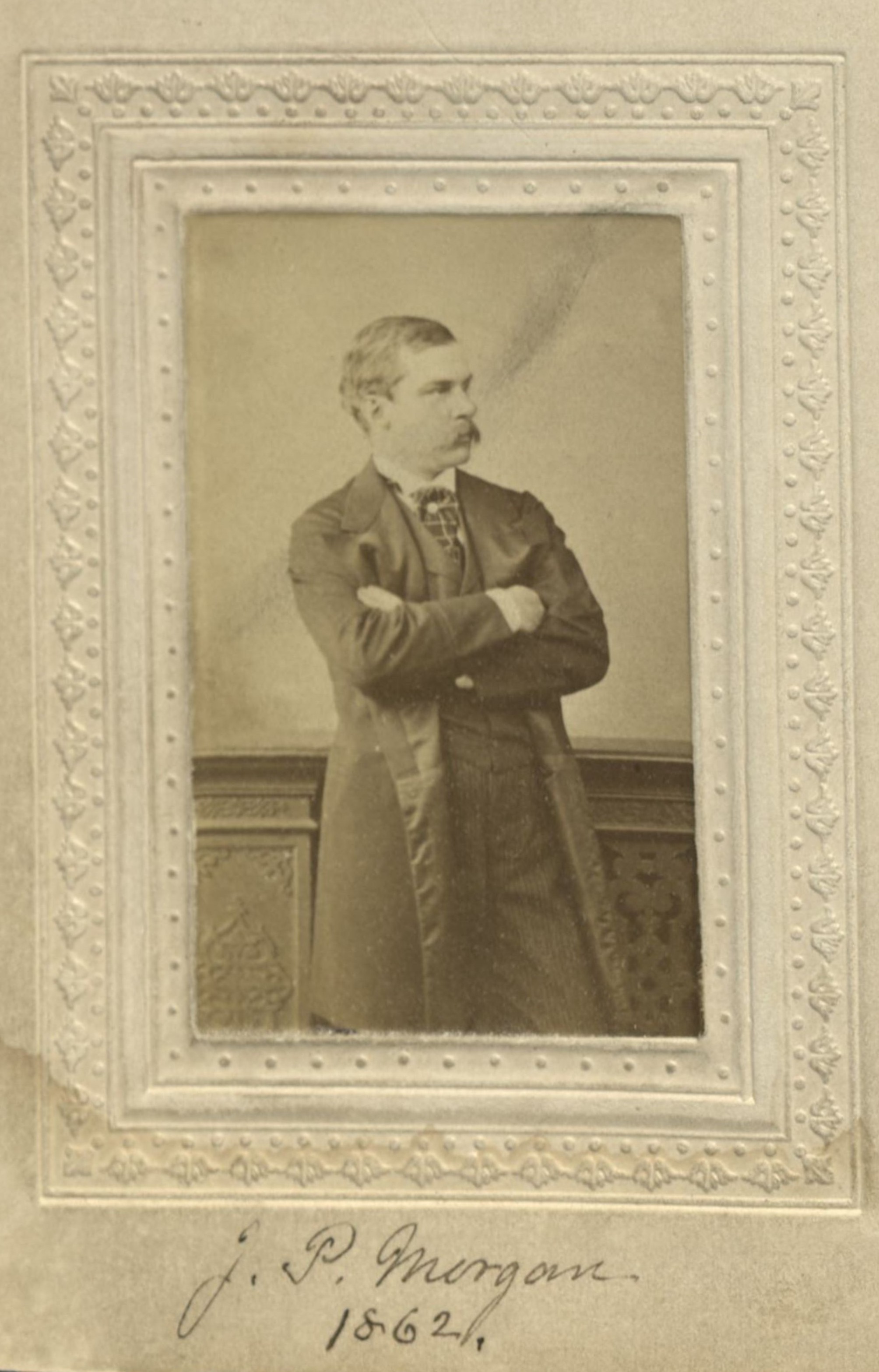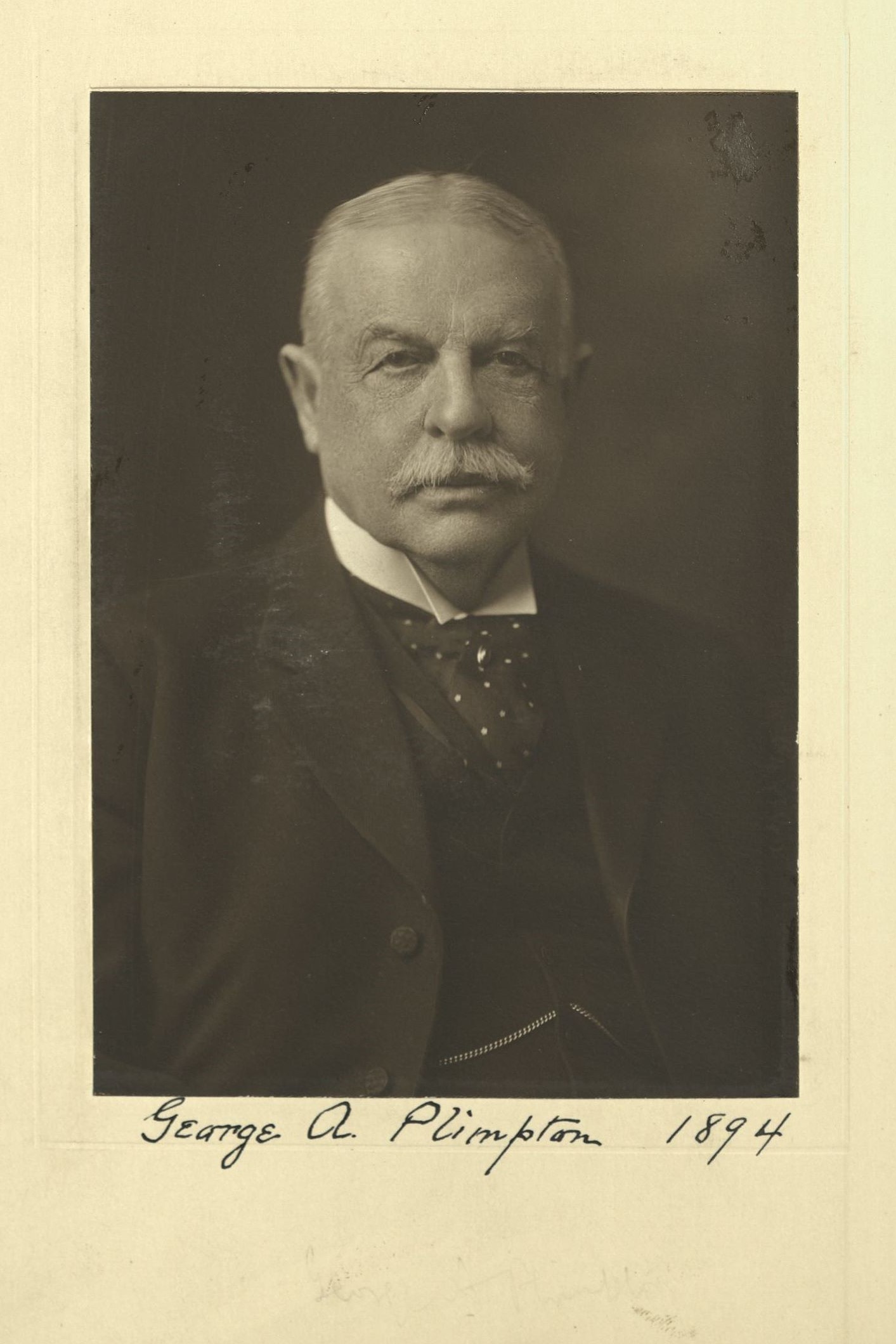Member Directory,
1847 - 1922
Henry C. Folger
Collector/Business Executive, Standard Oil
Centurion, 1921–1930
Lawrence F. Abbott and Walter H. Crittenden
New York (Brooklyn), New York
New York (Brooklyn), New York
Age sixty-three
Washington, District of Columbia

Century Memorial
We constantly get new evidence, sometimes purely by accident, of the remarkable range of scholarship in art or literature acquired as an avocation by practical men of affairs. The rarities of literature assembled on their private shelves by Morgan or Chew or Plimpton, have not been less unusual than the knowledge, often of obscure literary by-paths, displayed by the collectors. But there has possibly never been so remarkable an instance of amateur scholarship and collector’s genius, directed to a single purpose during a life-time outwardly absorbed in the every-day pursuits of trade, as that of Henry Clay Folger.
Folger’s tireless activity in obtaining sixteenth and seventeenth century originals bearing on Shakespeare’s life and work brought together what is in many respects the most complete collection in the world. Of the priceless First Folio it contains one third of the known existing copies, among them the “Vincent-Jaggard,” probably the first impression struck off by Hemyng and Condell’s printer and certainly the most perfect. For rarity and quality, the British Museum itself does not match this extraordinary library. Assembled while the collector was accumulating his fortune as a high official of the Standard Oil, the collection is appropriately relegated by Folger’s will to a public Shakespeare Memorial at Washington. It is to have its home in a graceful building, constructed for the purpose out of the Folger fund and placed on Capitol Hill, adjoining the National Library. There is no other such memorial in existence.
The whole achievement was exceptional. It opens up a new horizon in the trend of great American fortunes to apply themselves to the highest public uses, and is itself a notable picture of the avocations possible to a quiet and self-effacing American business man. But the probability is that Folger’s career in company finance was more of an afterthought than his career in literary scholarship. Shakespeare and English literature pervaded his imagination as an undergraduate. In his Commencement week of 1879 at Amherst he won the coveted Hyde prize for the best oration; on which occasion, however—curiously enough, in the light of subsequent events—his chosen literary subject was not Shakespeare, but Tennyson. He was one of the eight contestants in the Hardy prize debate, where he discussed the not altogether affiliated question, whether college education “has a tendency to repress independence of thought.”
Possibly Shakespeare himself would have been more interested in still another undergraduate achievement of his twentieth-century worshipper; for Folger also had his hour upon the stage. Even in later life he was fond of recalling his own personation of “Dick Dead-eye” on the occasion when the college glee club, after the nation-wide habit of the Seventies, was presenting Gilbert and Sullivan’s “Pinafore.”
Alexander Dana Noyes
1931 Century Association Yearbook




